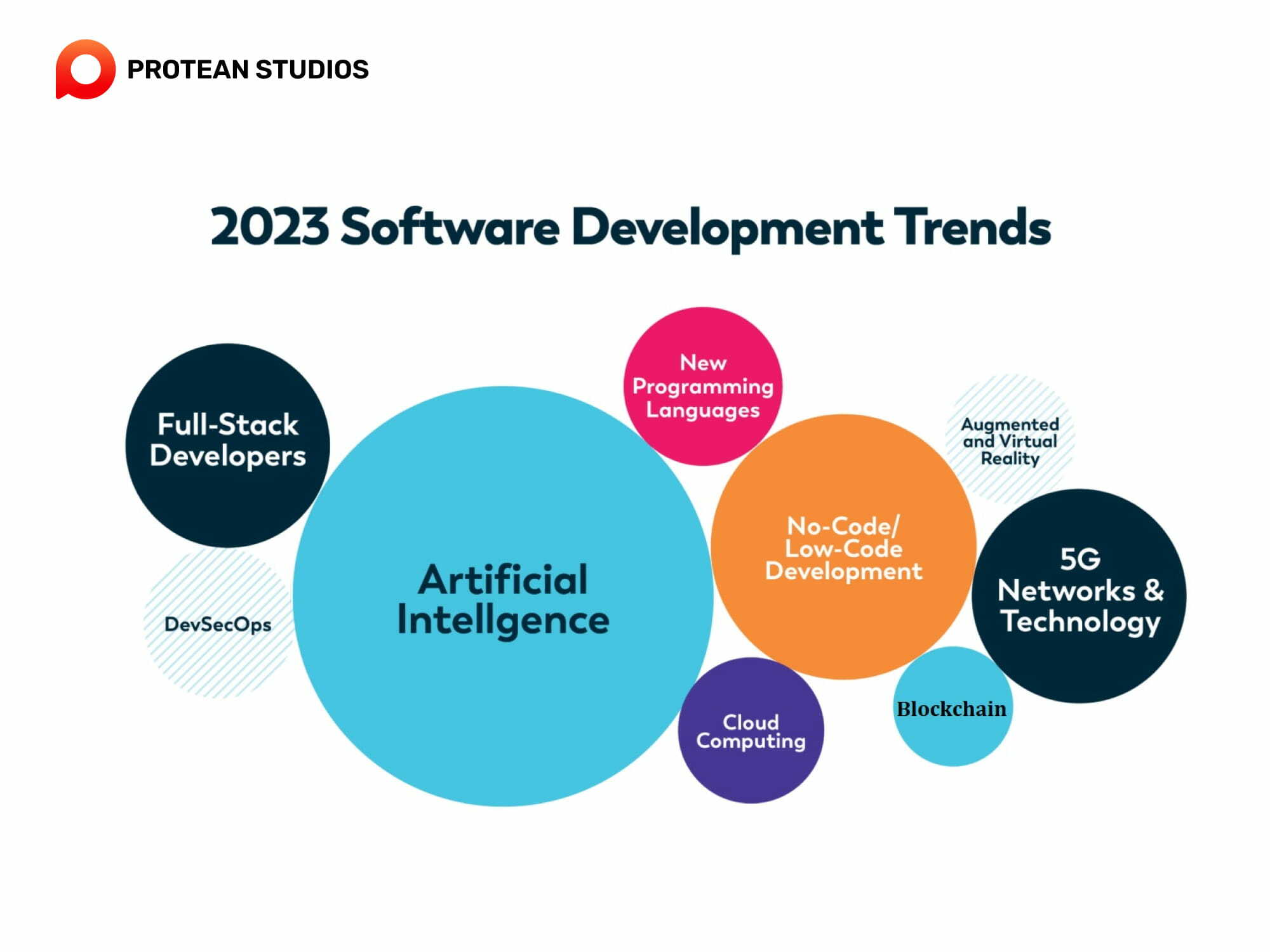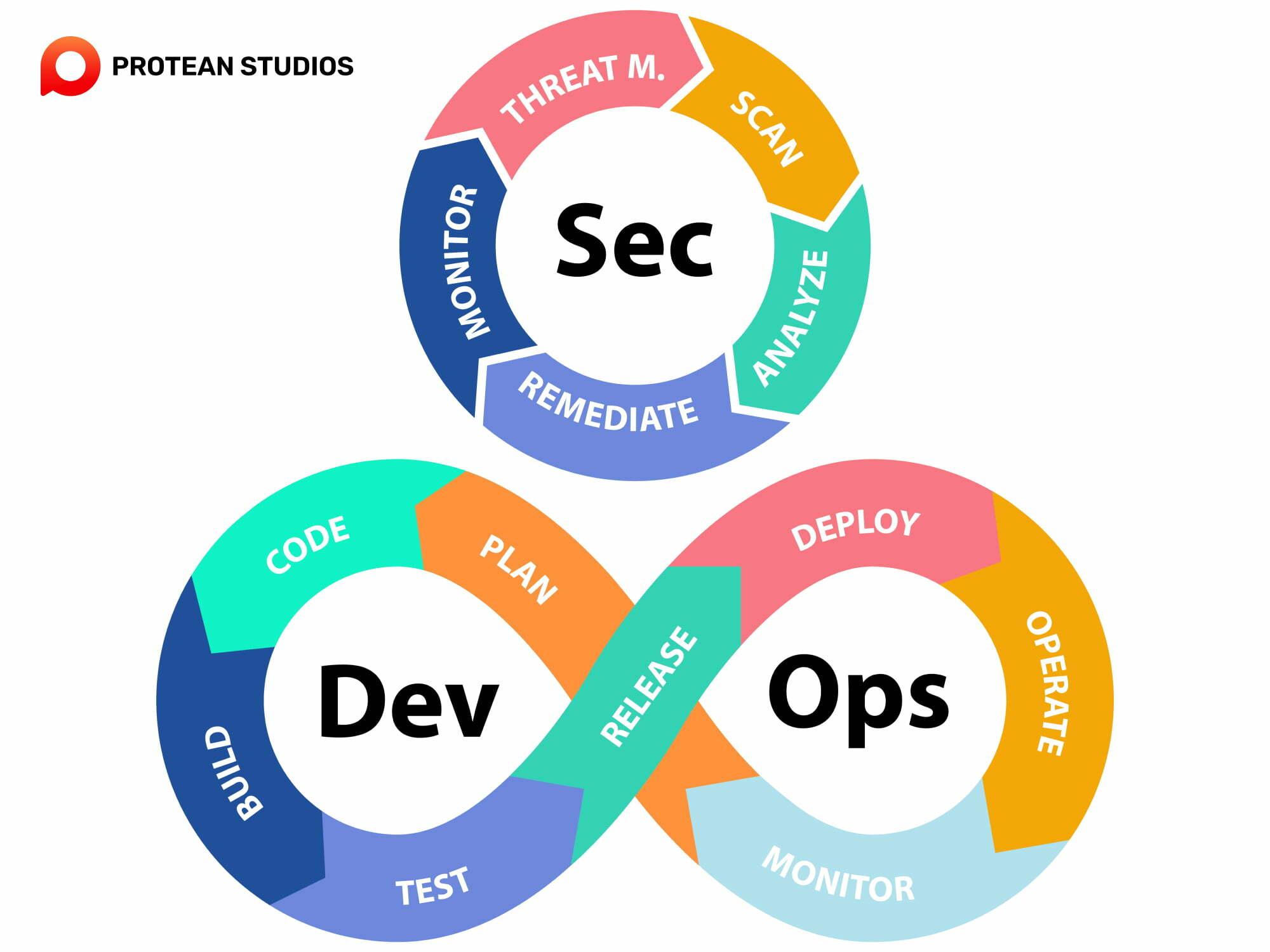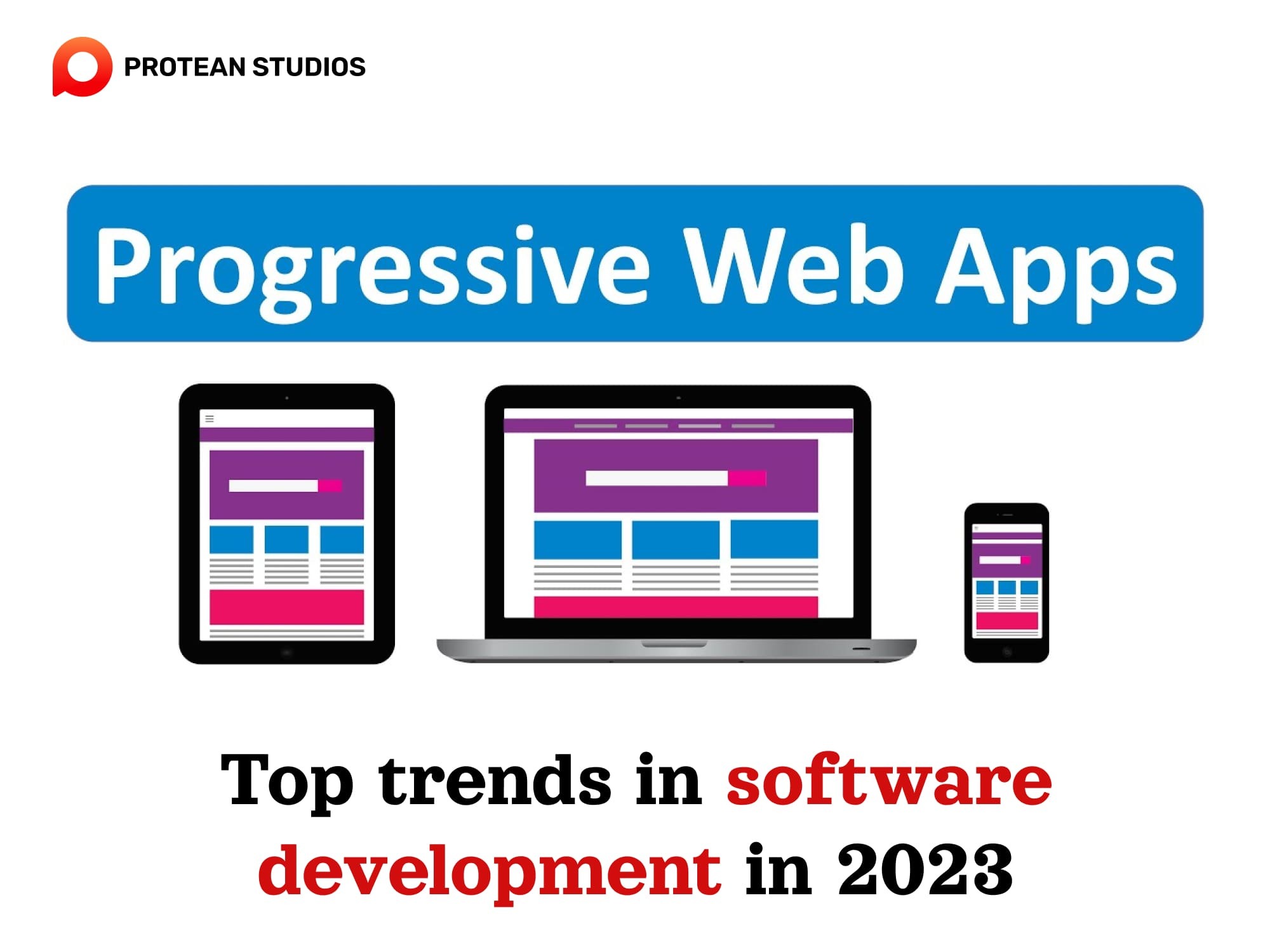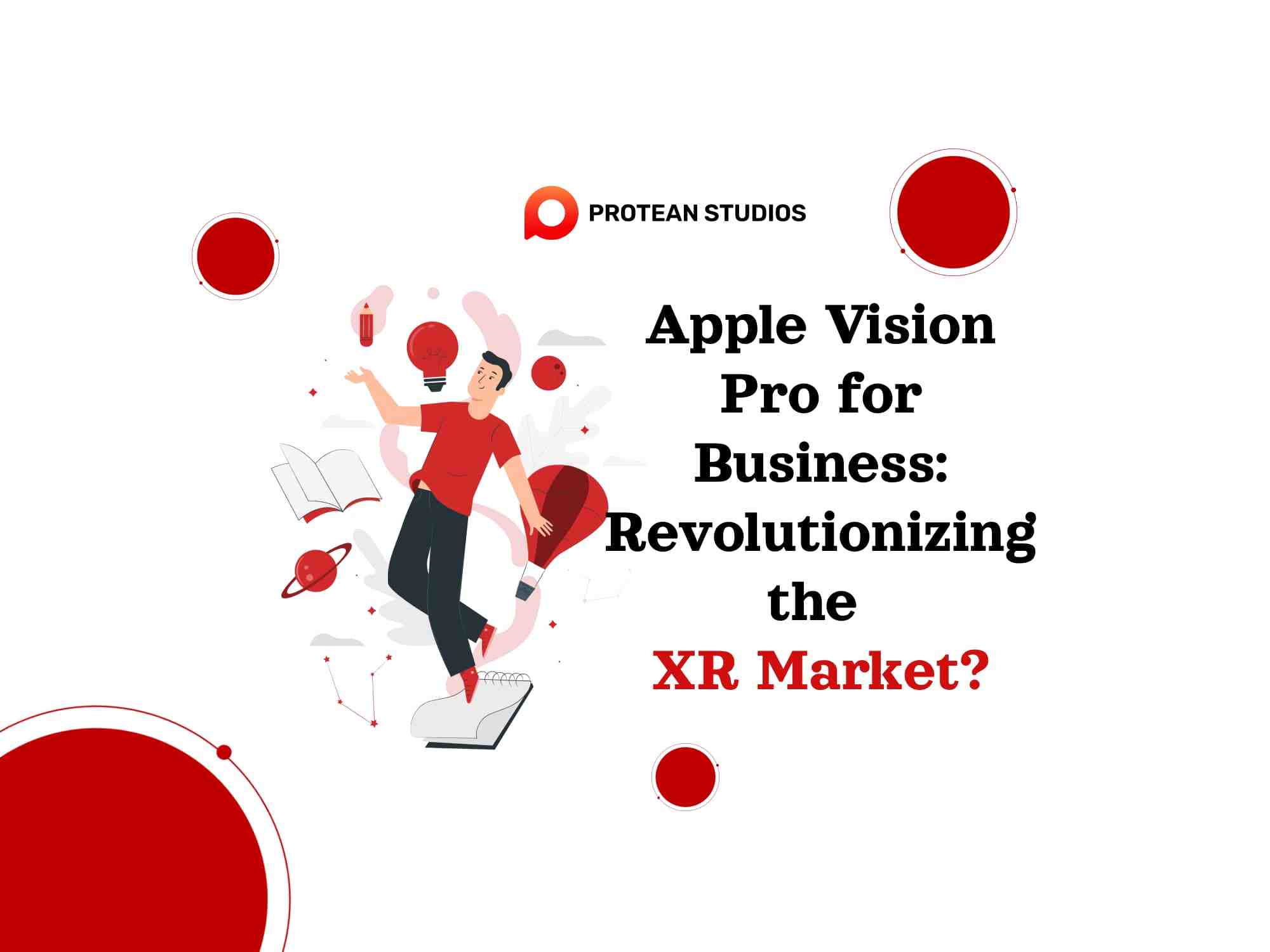In the landscape of digital technology, software development is booming, changing, and evolving day-to-day. In 2023, the technology landscape will continue to shift and expand at an unprecedented pace. In this blog, we will explore some of the latest software trends that are shaping the industry nowadays.
I. About software development
The field of software development is intricate and ever-evolving. It involves designing, testing, and building software applications to meet the needs of users and businesses. Software developers use various programming languages, tools, and frameworks to create software solutions that can run on different platforms. For example, web, mobile, desktop, or cloud
The worldwide COVID-19 pandemic and economic recession have served as pivotal moments for many businesses. Both small and large enterprises found themselves compelled to restructure their operational processes and hurry their IT priorities and technological roadmaps. So, it is more and more necessary in our lives.
II. Top 10+ trends in software development in 2023
These are ten software development trends on the upswing in 2023.

1. Artificial Intelligence (AI)
AI is an essential tool for creating intelligent, adaptive, and personalized software solutions. From natural language processing to computer vision, recommendation systems, or chatbots, it is enhancing the user experience, optimizing performance, and increasing the value of software products across various domains and industries.
To make smarter software systems, programmers use advanced AI libraries and frameworks, particularly focusing on deep learning techniques. According to the MARC Group’s report, the worldwide artificial intelligence market was worth $70.9 billion. This number could grow to an impressive $350.4 billion by 2028.
2. No-Code and Low-Code
These are software development platforms that allow users to create applications without writing much or any code. They use graphical interfaces, drag-and-drop components, and pre-built templates to simplify the development process. Low-code and no-code platforms can help users develop software faster, reduce errors, and lower the barrier to entry for development of softwares.
3. 5G Networks and Technology
5G networks and technology are the next generation of wireless communication. It offers faster speed, lower latency, higher capacity, and more reliability than previous generations. 5G networks and technology can enable new applications and services that need high bandwidth and low latency. For example, cloud computing, artificial intelligence, autonomous vehicles, telemedicine, etc.
4. Full-Stack Developers
Full-stack development has long been in demand, but it's more crucial in 2023 for building apps. Full-stack developers play a key role in crafting web applications, handling both the front-end and back-end aspects to create top-notch apps. When a company hires a full-stack developer, it gains the advantage of producing distinctive and scalable apps without draining its budget.
5. Cloud Computing
Cloud computing offers developers online access to apps, servers, tools, and resources. So, this makes it a cost-effective alternative to traditional IT infrastructure. This accessibility allows developers to streamline their work by leveraging potent tools and assets.
For businesses, the advantages are clear when using cloud computing. As companies adopt cloud applications such as Salesforce, Microsoft Azure, or Google Drive, cloud services continue to be on the rise. Cloud computing enables easy data storage and access from anywhere, facilitating more efficient operations.
6. DevSecOps
DevSecOps is another trend that integrates security into the DevOps process. DevOps is a set of practices to improve communication and collaboration between software development and operations groups. It enables faster and more frequent software delivery and deployment.

DevSecOps adds security as a core component of the DevOps process. This is to ensure that security is considered at every stage of the SDLC. DevSecOps helps software developers identify and fix security issues early, reduce vulnerabilities, and follow regulations.
7. Blockchain
Blockchain is a useful system of transferring data in a decentralized, distributed, and secure way. It enables transactions to be verified and recorded without the need for intermediaries or central authorities.
This reduces the risk of fraud, corruption, and cyberattacks. People use blockchain for various purposes, such as digital currencies, smart contracts, supply chain management, identity verification, and more.
8. Augmented and virtual reality
Augmented and virtual reality are software development technologies that create immersive and interactive experiences by overlaying digital elements in the real world. It also creates a simulated technological environment.
Augmented reality enhances physical reality with information, graphics, sounds, or other stimuli. Virtual reality creates a fully artificial world that the user can explore and interact with.
9. Internet of Things (IoT)
IoT is a network of interconnected devices that collect, exchange, and process data from the physical world. It is a network of physical objects that are embedded with software, sensors and connectivity. So it enables the collection and exchange of data with other devices and systems.
10. Progressive Web Apps (PWA)
Progressive web apps are web applications that combine the best features of websites and native apps. Progressive web apps are fast, responsive, reliable, and engaging.

They can work offline, load, send push notifications, and access device features. The cost-effectiveness of PWA development and upkeep makes it an appealing choice for startups and small businesses, likely leading to increased adoption.
----------------------------------------------------------------------------------------------------------------------------------------------------------
Protean Studios is an IT company that provides many software products for clients. We always provide modern software development solutions with a rigorous process, often based on industry standards and best practices.
At PROS, we have a team of talented and experienced software engineers who are passionate about creating IT solutions that make a difference. Employees have diverse backgrounds and skills, ranging from web development, mobile development, cloud computing, AI, data science, blockchain,...
Our engineers work in cross-functional teams, using agile methodologies and practices to deliver software products that meet clients' expectations. They also have opportunities to learn new technologies, enhance their skills, and grow their careers.
Thus, if you are looking for a software development partner who can provide you with a dependable software solution, please contact us to learn more.




